The vote on European membership that ignited the Swiss People’s Party

Switzerland’s decision not to join the European Economic Area (EEA) 30 years ago marked the start of the spectacular rise of the right-wing Swiss People’s Party, now the country’s biggest political party. The EEA ‘no vote’ remains central to the party’s identity.
For Dominik Straumann, president of the Swiss People’s Party for canton Basel Country, all was right with the world back in 1992.
“Switzerland had six million residents. Electricity shortages were unknown,” he says. “And being vegetarian was not a fundamentalist issue – it was all about eating dishes that didn’t have meat, like raclette, Älplermagronen [a mix of pasta, potatoes, cream, cheese and onions] or Käseschnitte [baked cheese sandwich].”
Cue a round of applause. Straumann’s audience in Pratteln munch away on meatloaf and potato salad. Inside the hall, posters dotted on the walls declare in big letters: “FEWER TRAFFIC JAMS”, “FEWER TAXES” and “MORE CH [Switzerland]”.
Around 200 people have gathered for the launch of the party’s 2023 election campaign in the canton in northwest Switzerland. The high point is the appearance of outgoing cabinet minister Ueli Maurer, a member of the People’s Party. While Straumann’s speech paints a generally pessimistic picture, Maurer is more upbeat. “Switzerland is doing well. Why?” he asks the audience.

Maurer explains: the Swiss way of doing things prevents rapid change, and thus fosters stability. The country’s independence is equally important, he says. If Switzerland is doing better than the European Union, it is because “we decide ourselves what we believe is desirable,” he says. Maurer says the origins of these ideas date back to the 1992 ‘no vote’ to joining the EEA, seen by many as a stepping stone to joining the EU.
“Thanks to the EEA vote, in which we chose the path of independence, the country is doing well,” says Maurer.
Spectacular rise
At the time of the EEA vote, the rightwing party only enjoyed about half its current level of popular support (26% of voters in 2019). In 1992, it was the country’s fourth-largest party. But it quickly became the most popular, an enduring trend over the past 20 years.
Straumann’s speech is typical of the style that has allowed the rightwing party to stand out in Switzerland since the EEA vote.
“Green-left parties have created pigsty-like conditions that not only endanger Switzerland, our success and our prosperity, but also destroy them,” he declares. The population has been “lied to and deceived” and we find ourselves “today with a pile of ruins”, he goes on. High petrol prices and “excessive immigration” are the consequences, he adds.
In Basel Country, however, leftwing and Green parties do not represent the majority; the same can be said for the rest of Switzerland. But the People’s Party have become experts at balancing populist accusations and co-responsibility. At the height of the Covid-19 pandemic, People’s Party politicians evoked the “dictatorial power politics of the [federal government]” even as two party members, Ueli Maurer and Guy Parmelin, sat on the cabinet.
During Maurer’s speech, Ermando Imondi waves at the SWI swissinfo.ch journalists in the hall. Earlier, the Basel Country parliamentarian re-told his political journey. “I joined after the 1992 vote,” he explains. The EEA question was a personal concern, and a concern for the Swiss labour market and its democracy, he says. At the time, Zurich politician Christoph Blocher offered a new approach.
“His style is polarising. But basically, he was always right,” says Imondi.
On December 6, 1992, 50.3% of Swiss voters rejected Switzerland joining the EEA. Political participation was high: turnout was 78.7%, the highest rate since the introduction of women’s suffrage. The voting campaign revealed divisions across the country: French-speaking Switzerland was pro-European, while German-speaking regions were sceptical.
This division was evident in all political groups, including the People’s Party. But unlike other parties, EEA opponents united around the figure of Christoph Blocher, and they represented a majority in the People’s Party.
The EEA vote campaign was all about Blocher’s party using the “us against all the others” strategy, which has since proven very effective.
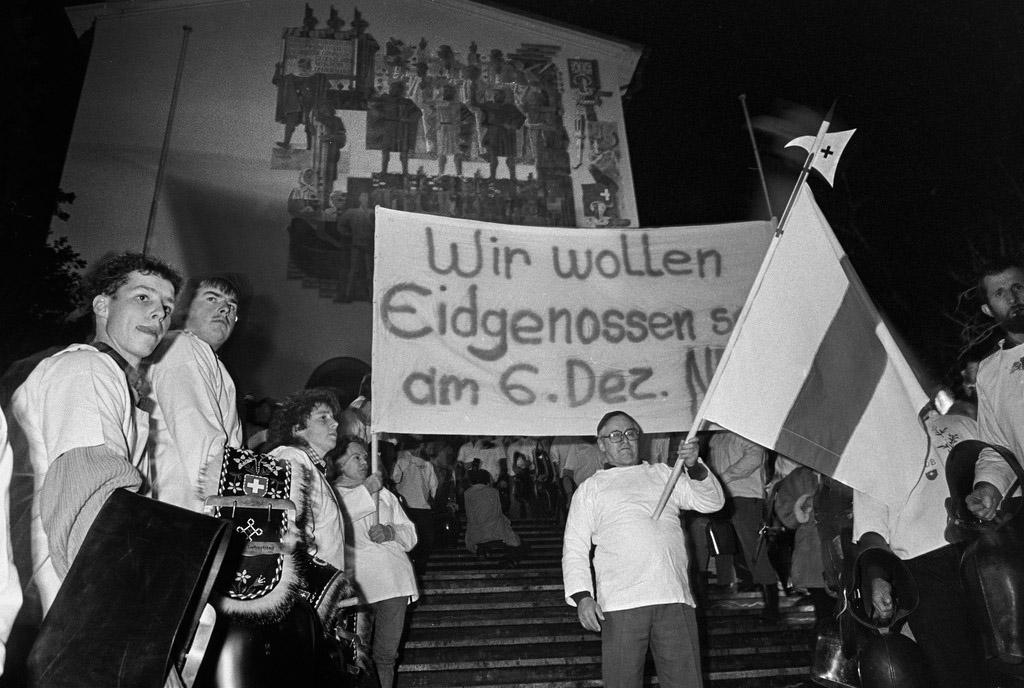
More
A quarter-century of Switzerland’s special status in Europe
This approach has since attracted many voters. Centre-right Radical-Liberal and Centre parties have lost ground. By contrast, the People’s Party has managed to position itself as a rallying force of the right. Populist parties such as the Swiss Democrats or the Freedom Party of Switzerland were merged into Blocher’s People’s Party.
Blocher’s innovative speech
Hunched over their potato salads, People’s Party supporters in Pratteln recount how they drifted away from their old parties following the EEA vote. Bernie Bosshart from Basel used to be a member of the Radical-Liberal party. A visit by Christoph Blocher to his officers’ association had a huge impact on him, he says: “He said everything I dared not say.” For Bosshart, Switzerland was giving up its sovereignty and becoming subservient to the EU.
In the hall, another man who used to vote for the Freedom Party of Switzerland criticises the “great power cravings” of the EU and bemoans the lack of freedom of the press, referring to the pandemic.
People’s Party politician Hanspeter Weibel draws parallels between the 1992 vote and Britain’s Brexit vote. “For Switzerland, it was decisive,” he says. “Otherwise, we would be in the EU today.” The pessimistic predictions of EEA supporters did not come true. From an economic and political perspective, Switzerland is better off, he says.
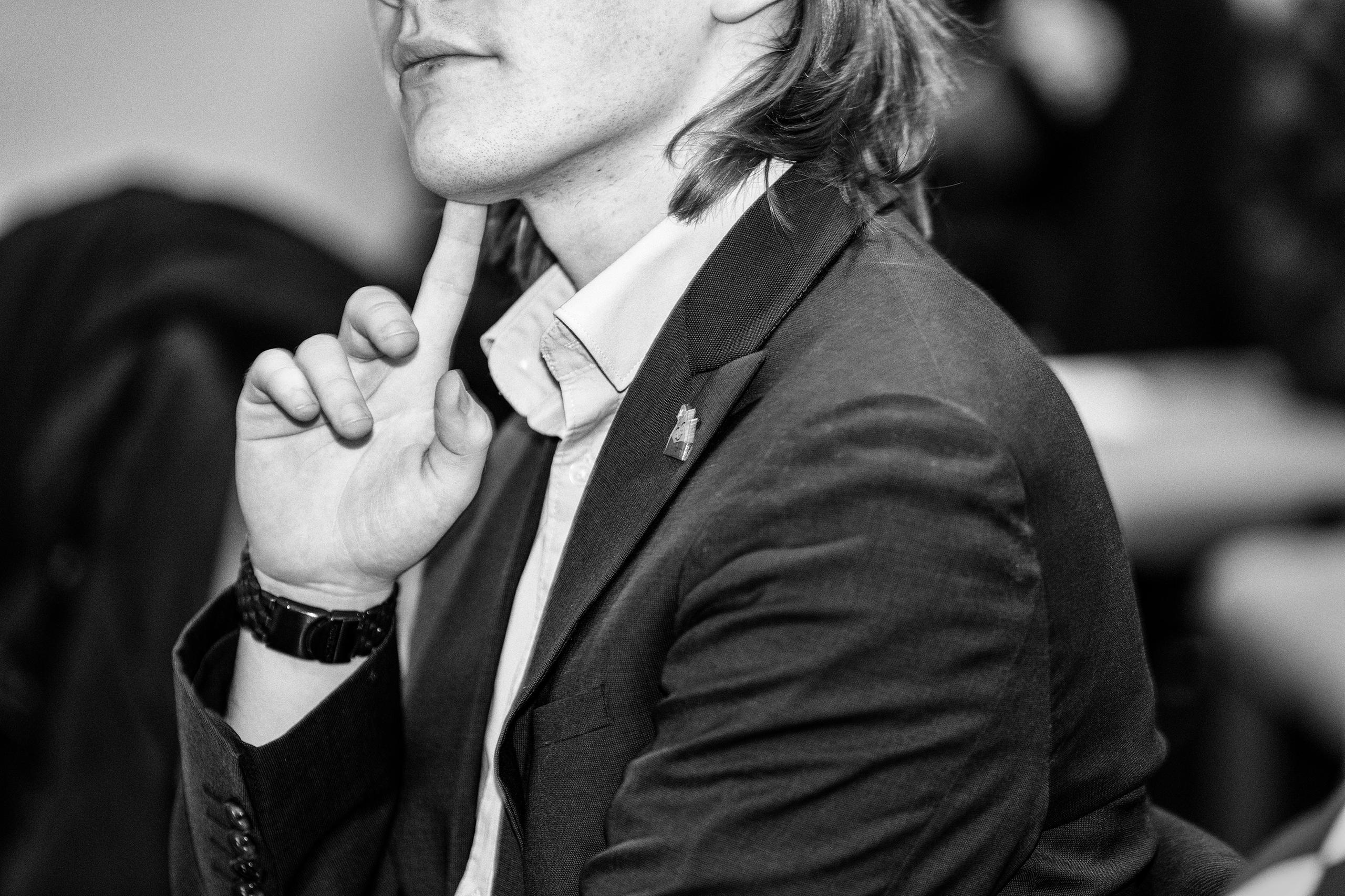
A young generation of People’s Party fans also discovered politics during the EEA vote. Natalie Rickli, Zurich’s cantonal health minister, was 16 in 1992.
“Our economics teacher discussed the vote on the EEA in class,” Rickli recalls. She and two classmates feared a loss of independence and a weakening of direct democracy if Switzerland joined the EEA. Today, Rickli believes the EEA vote set the country on its future course. It also encouraged her to follow a political career. She says she knows many others who, like her, became more politically active during the EEA campaign and then joined the People’s Party.
Born in 1989, Pascal Messerli is from a more recent generation. The Basel City cantonal parliamentarian believes Switzerland’s rejection of the EEA was “the most important event after the women’s right to vote”.
Sausages and smart clothes
Pratteln is a small industrial commune east of the city of Basel. Another People’s Party event, this time at Zollikon on Lake Zurich’s “Gold Coast”, is a totally different affair.
Grilled sausages and bread are also on offer, but the people here sport smarter clothes and hairstyles than in Pratteln. Local People’s Party president, Tumasch Mischol, says discussions in Zollikon are exciting, because the main protagonists of that era are “here at home”.
People’s Party guru Christoph Blocher lives just two villages away. Back in 1992 he told Swiss public radio SRF that he had “invested a few million Swiss francs of his own money in the [EEA] fight”.
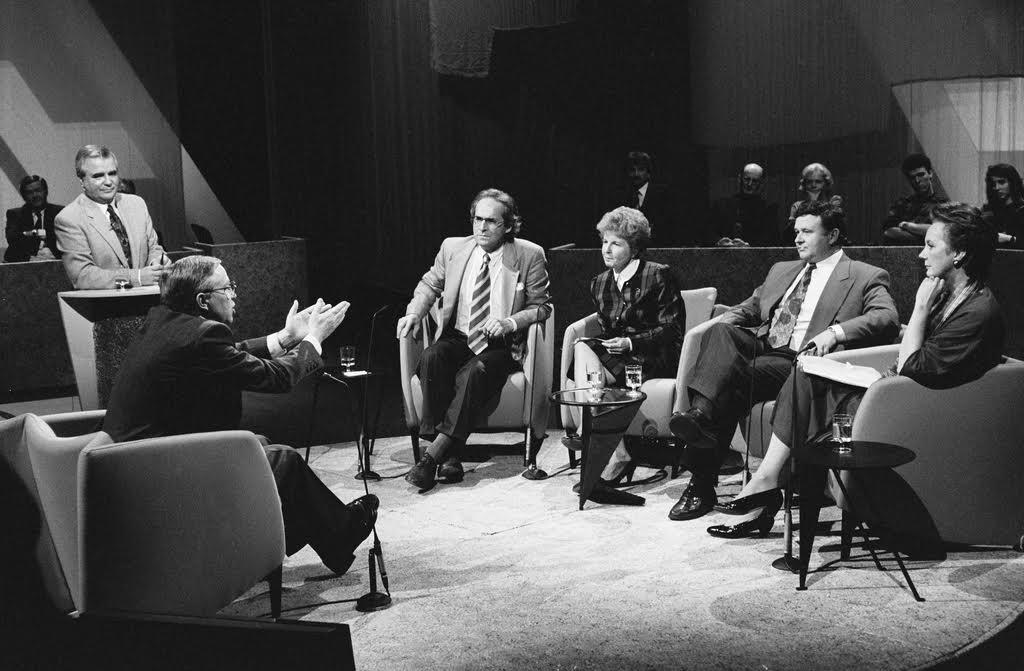
More
‘We were the only ones who cared about Swiss self-determination’
“Guaranteeing peace – the idea of the EU used to be good in the past,” says Stephan Geiger, a People’s Party supporter. But cooperation with the EU is impossible, he adds.
Brussels talks about a partnership with the Swiss while “putting a gun to Switzerland’s head over different subjects”, says Geiger, a German who received Swiss citizenship ten years ago. “Switzerland has so many appealing sides to it; it’s a small EU with 26 cantons but without the bureaucracy like Brussels.”
He regrets the fact that in his homeland, citizens don’t question authority and that even the politicians he admires have to fall in line with their parliamentary group. He worries that in Switzerland, without the cantons acting as a counterbalance, a majority of people living in Swiss cities might seek to join the EU.
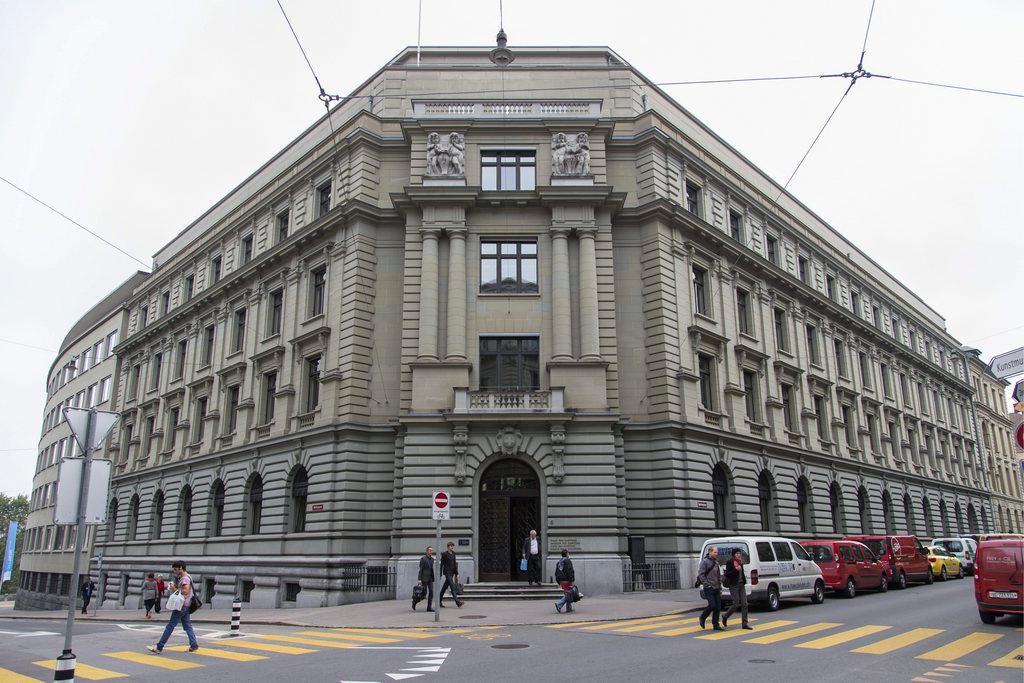
More
Switzerland is not unique in its double majority system
But support among the Swiss public for joining the EU is low at the moment. According to the Selects study by Smartvote.ch, only 6.5% of people under 34 were in favour of joining the EU in 2019, down from nearly 60% in 1995. Today, retired Swiss citizens make up the most fervent pro-EU group in society, albeit with just 20.5% in favour of membership.
The candidates for the next elections present themselves at the Zollikon meeting with speeches that are full of both encouragement and concerns. “A total of 65,000 Ukrainians with S refugee protection status” could flee to Switzerland, said one candidate. “We don’t look at who is coming,” said another. A man shouts out: “Jesus.” Youth crime is said to be at its highest level in seven years. The same man again: “Jesus Christ.” Gang crime is also on the rise. “My God.”

The man calling out is Toni Bottinelli, a church musician who still holds fond memories of the EEA vote. “On December 6 [1992], we held a church service with prayer groups, several priests and marching band music. I played the organ,” he says. The service was held to flush EEA membership down the toilet, he adds.
“This is how we supported Mr Blocher,” says Bottinelli. “It’s like it was just yesterday.” Previously he voted for the Swiss Democrats but the EEA vote campaign made him switch to the People’s Party.
Yet even today, Bottinelli fears the Swiss government is planning “EU membership via the backdoor”.
Every People’s Party supporter who SWI swissinfo.ch spoke to agreed that Switzerland would be an EU member today if the EEA vote on December 6, 1992 had turned out differently. Regardless of whether this is true, one thing is clear: the vote 30 years ago was the spark that ignited the powerful political machine of what became Switzerland’s largest party.
Edited by David Eugster. Adapted from German by Simon Bradley.
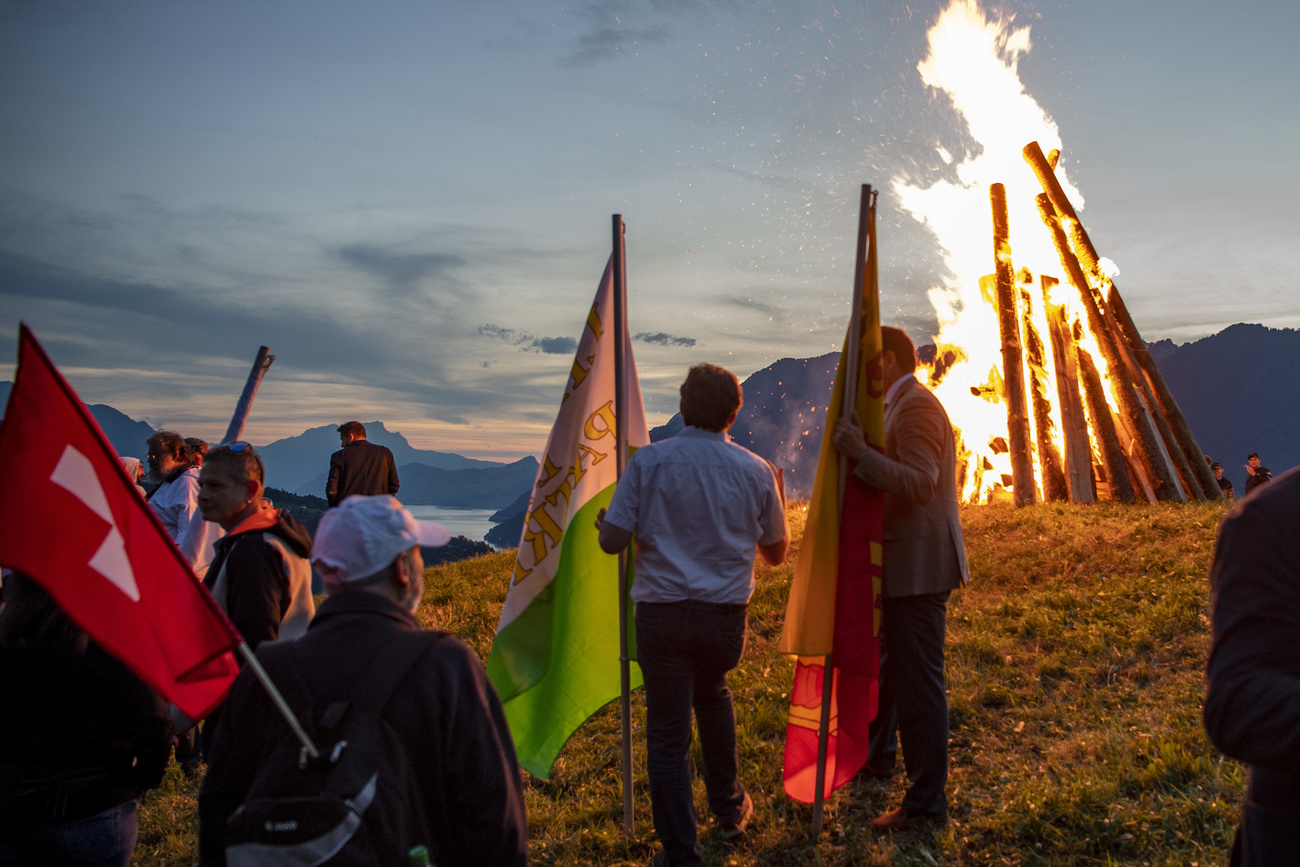
More
Why is Switzerland not in the European Union?

In compliance with the JTI standards
More: SWI swissinfo.ch certified by the Journalism Trust Initiative
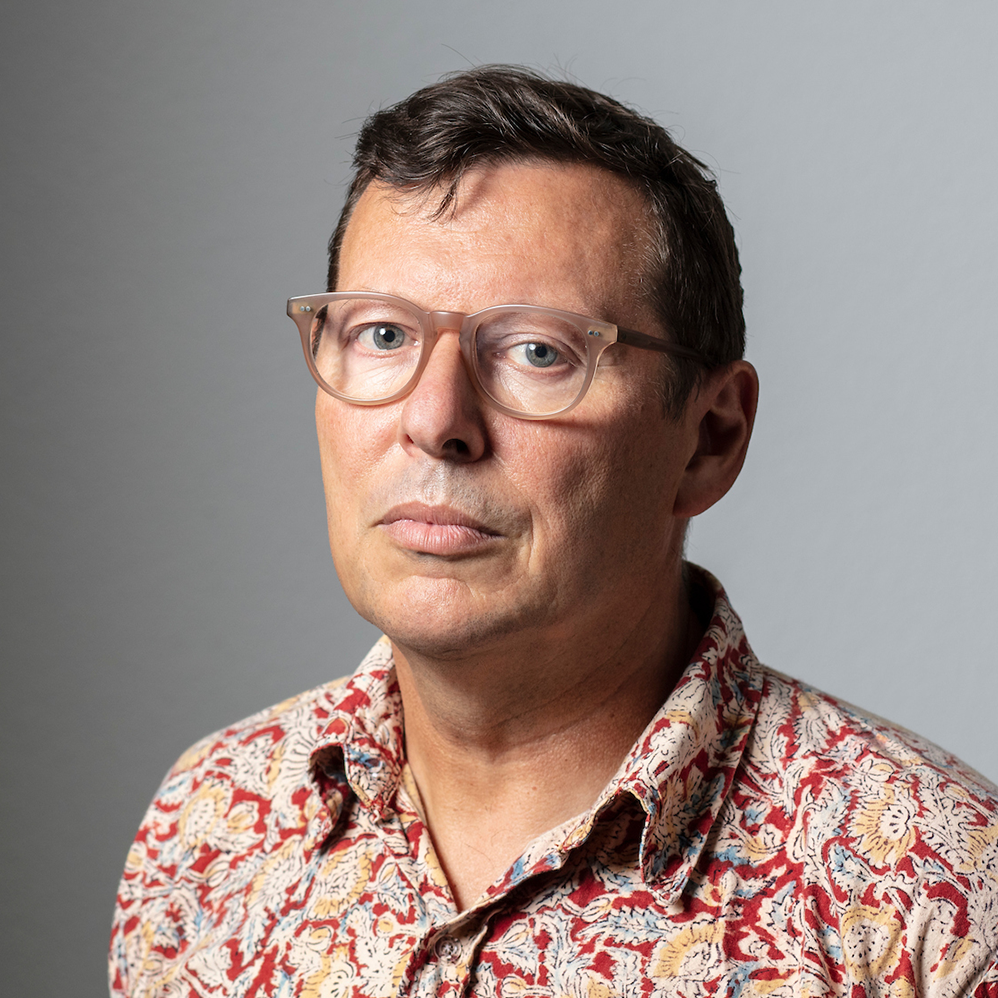









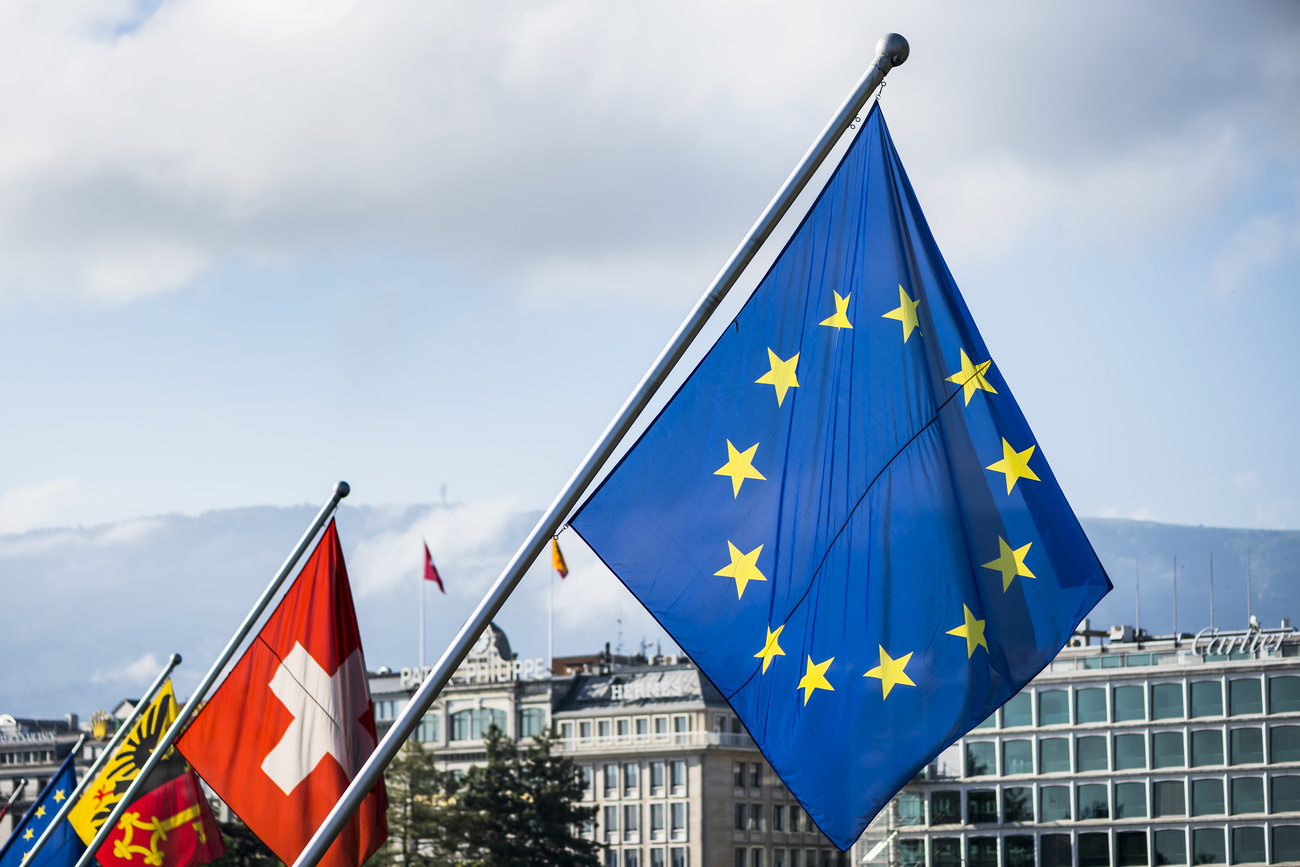
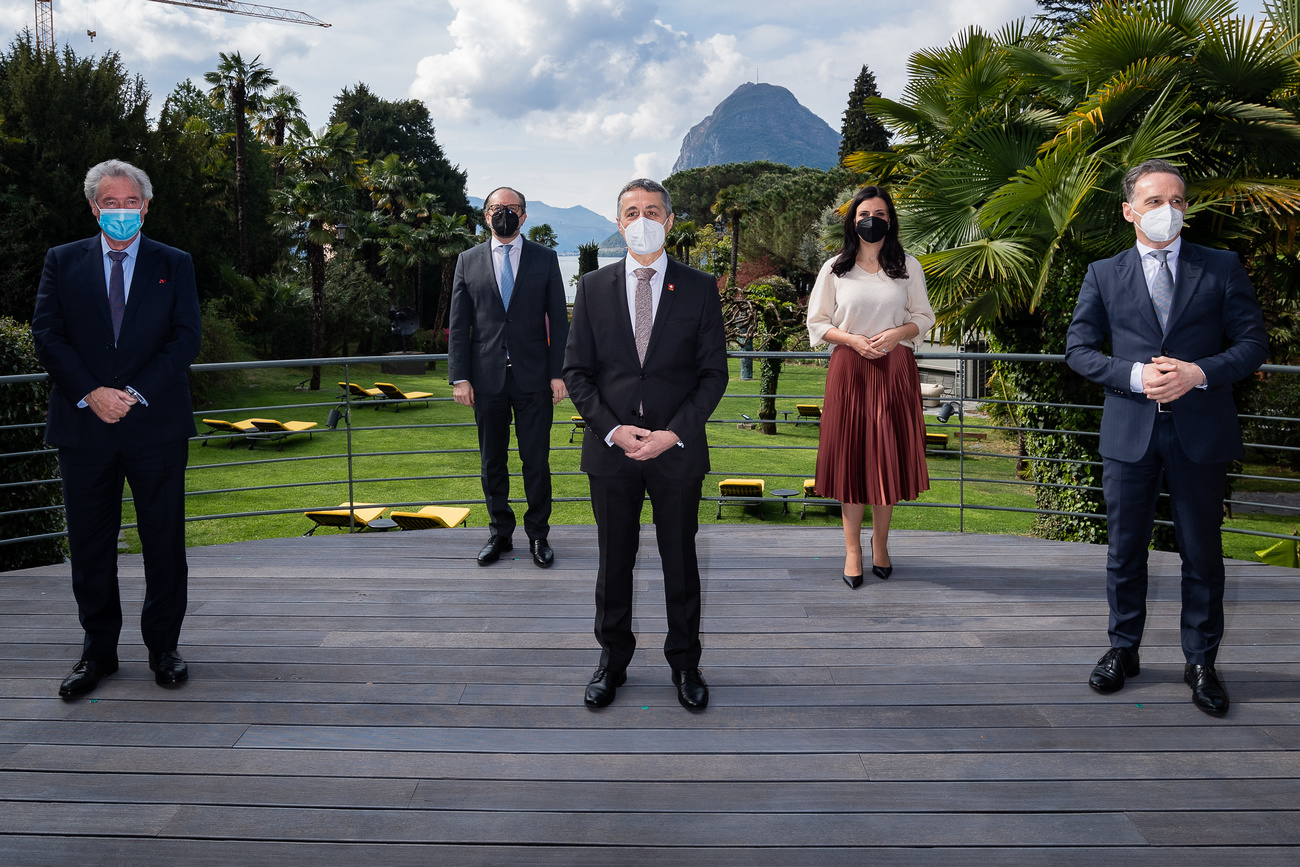
You can find an overview of ongoing debates with our journalists here . Please join us!
If you want to start a conversation about a topic raised in this article or want to report factual errors, email us at english@swissinfo.ch.